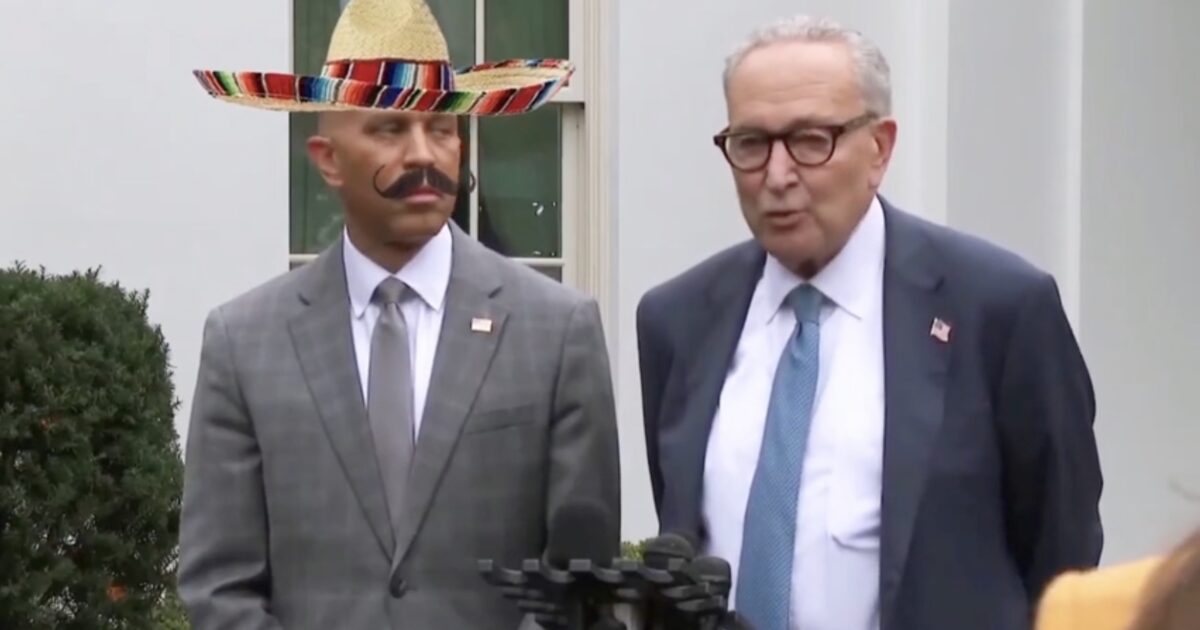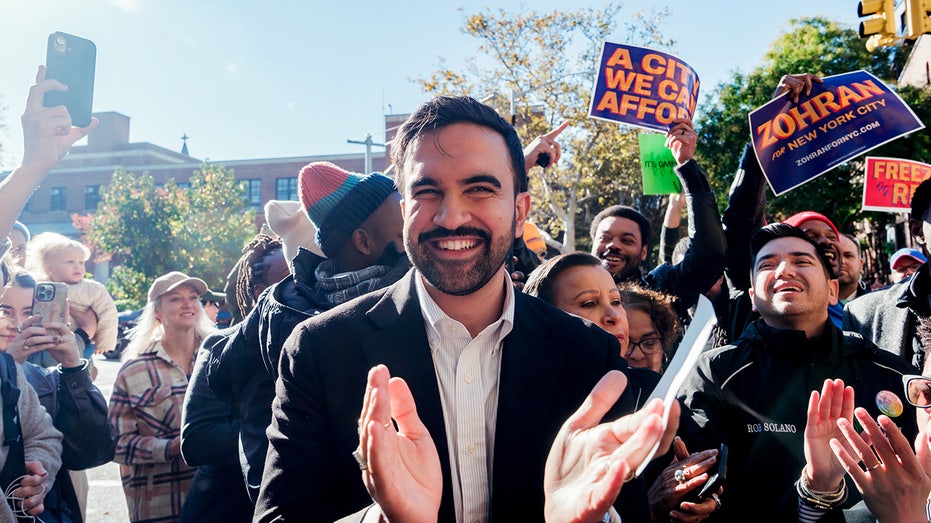The nation holds its breath as the autumn budget looms, just weeks away, promising a potential reshaping of the UK’s financial landscape. Chancellor Rachel Reeves is preparing to unveil her plans on November 26th, igniting speculation about what changes will impact households and the broader economy.
A seismic shift may be on the horizon. Despite a firm election pledge against increasing income tax, National Insurance, or VAT, Reeves has signaled a willingness to reconsider, framing it as a necessary choice between taxation and drastic cuts to vital public investment.
The Chancellor’s words carry weight, suggesting a difficult path forward. She warned that maintaining current tax levels could cripple economic growth, hindering the very progress the nation seeks.

However, amidst the potential for tax increases, a beacon of hope emerges for vulnerable families. Reeves hinted at a possible abolition of the controversial two-child benefit cap, a move that could lift an estimated 350,000 children out of poverty.
The principle is clear: children should not suffer for their family’s financial circumstances. Reeves passionately stated that youngsters shouldn’t be penalized simply because their parents have limited resources.
Global instability casts a long shadow over these decisions. The ripple effects of Donald Trump’s tariffs, the ongoing conflict in Ukraine, and a recent downgrade of UK economic forecasts are all forcing a reevaluation of priorities.
Reeves emphasized the need for stability, acknowledging the difficult choices ahead. She explained that adhering strictly to manifesto commitments might necessitate deep cuts in crucial capital spending – investments in rail, roads, energy, and digital infrastructure.
Years of prioritizing short-term cuts have taken a toll, she argued, leaving the UK’s productivity lagging behind pre-financial crisis levels. A commitment to long-term investment, even if it requires difficult decisions, is now paramount.
The two-child benefit cap, implemented in 2017, has been a source of ongoing debate. Reeves’ potential move to abolish it underscores a commitment to reducing child poverty, echoing the successes of previous Labour governments.
Beyond the benefit cap, whispers of further tax adjustments circulate. Rumors include a potential overhaul of stamp duty, replaced by a broader property tax, and a new levy on electric vehicles – a 3p per mile charge.
The coming budget promises to be a defining moment, a crossroads where difficult choices will shape the future of the UK economy and the lives of its citizens. The Chancellor’s words signal a willingness to confront these challenges head-on, prioritizing long-term stability and the well-being of the nation’s most vulnerable.






